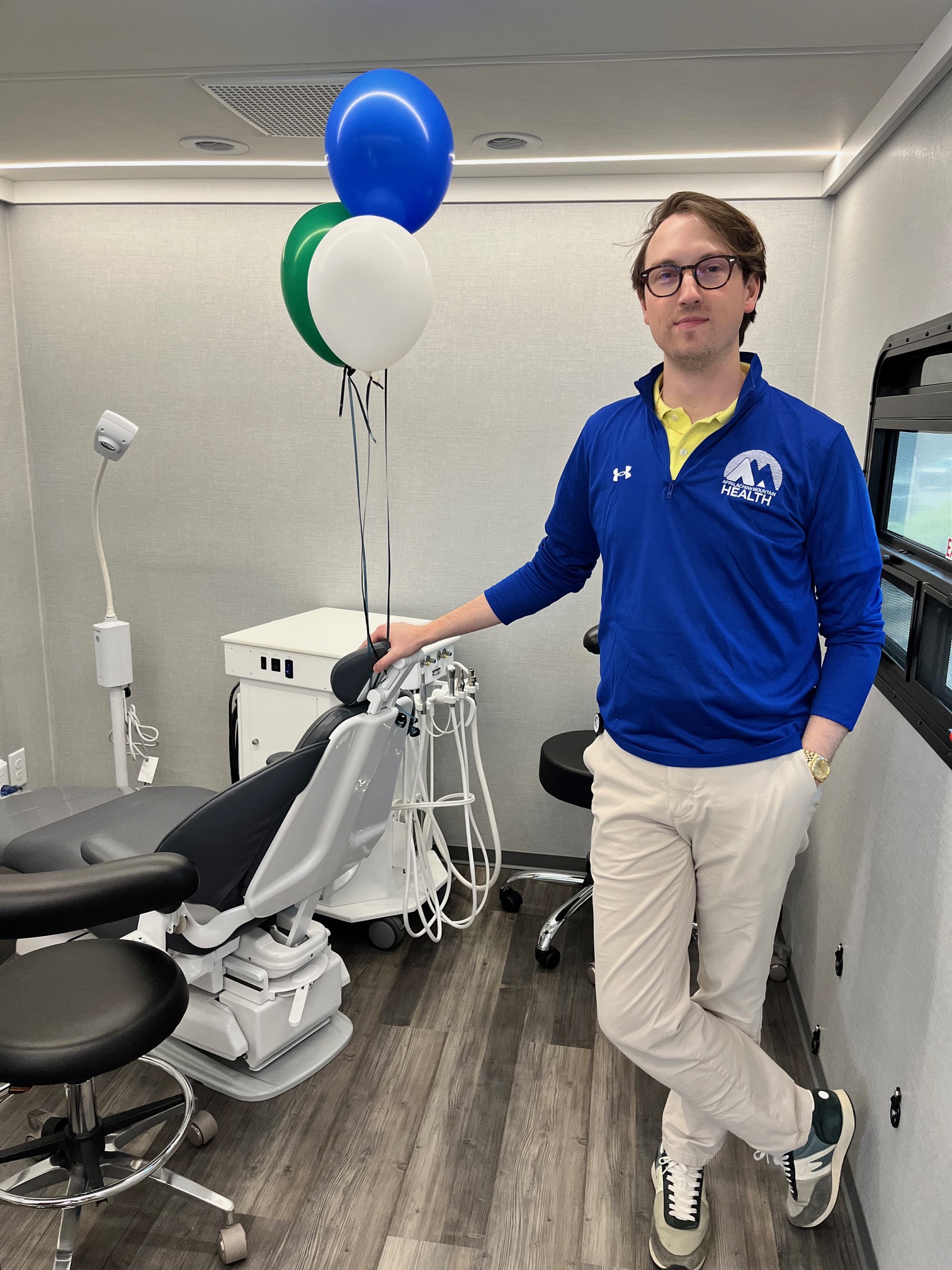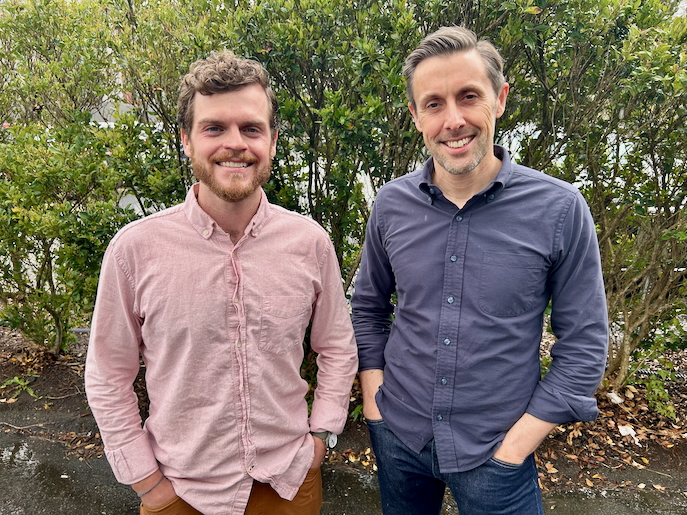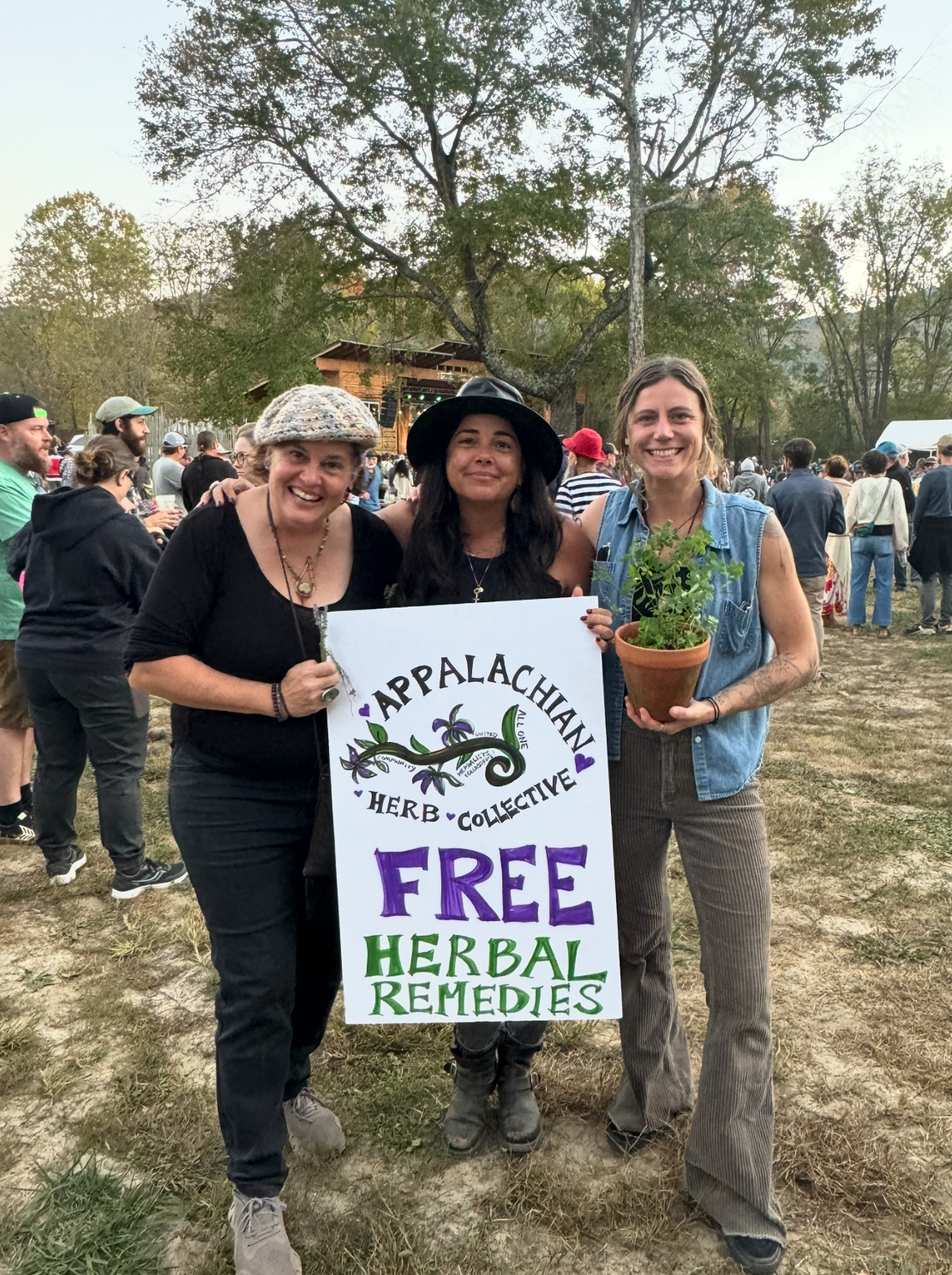Most of the time when we think about sustainability, we think about practices that are affecting the health of our environment. However, I have noticed a growing body of research and interest around sustainability and how that affects our physical health.
We are all aware that the rate of chronic diseases has been increasing for decades now, despite having better treatment options. This growing disease burden is influenced by many factors of our modern environment such as sedentary lifestyles, overconsumption of high-calorie foods and chronic stress.
But the surging presence of chemicals in our food, water and air is also playing a role in these chronic diseases. What was once a “woo-woo” fad in the alternative medicine space, detoxification is a growing area of interest for doctors and patients who are trying to take better control of their health.
What are toxins?
A toxin is a naturally occurring substance that can cause bodily harm, and a toxicant is the man-made version (for the purposes of this article, I will refer to both of these as “toxins”). Detoxification is the process of breaking down substances into something that can be eliminated from the body — medications, metabolic waste products and toxins from the environment.
Examples of common toxins include pesticides and herbicides, airborne particulates, mold spores, heavy metals, microplastics, flame retardants, plasticizers, BPA, phthalates, food dyes, PFAs, diesel fumes — and the list goes on and on. These toxins are in the air we breathe, the water we drink, the food we eat and even in the products we put on our skin. They are often invisible yet everywhere, making the concept of detoxification seem overwhelming and hopeless.
We can be exposed to toxins in two different ways: acute and chronic.
While acute, high-dose exposures are rare — such as directly ingesting or inhaling a toxic substance — chronic, low-level exposures are an everyday reality.
A single low-dose toxin exposure likely poses little health risk, which has allowed many of them to skirt past government regulation. However, we do not experience toxins in isolation but are rather exposed to many different types all of the time, adding up to a greater total exposure. As total toxin exposure accumulates, our detox pathways become bogged down, and we become depleted in key detoxification nutrients. Toxins start to circulate in the bloodstream or get stored in our fat tissue, which directly affects our health.
Research has linked excessive toxin burden to a variety of health conditions: cardiovascular disease, cancer, dementia, disruptions in natural hormone signaling, fetal development, metabolic disorders, organ damage, asthma/COPD, chronic inflammatory states and increasing autoimmunity.
The good news is that we can take steps to stay healthy in this toxic world. When talking with patients about detoxification, I like to break it up into two categories.
Reducing toxin exposure
The easiest and most efficient way to reduce toxic burden is to have less of it coming in.
Use glass or stainless steel for food and drink. Studies have shown that plastic water bottles and food packaging contain high levels of BPA, phthalates, PFAs and microplastics that leach into our food and water if they have gotten hot during shipment, while sitting in your car or heated up in the stove or microwave. This also includes plastic utensils, plastic straws, plastic coffee lids and the containers that microwavable or frozen food often comes in.
Filter your water. Our water is thoroughly cleaned in water treatment facilities, but the lingering chemicals like chlorine, microplastics and heavy metals are still present as it comes out of the tap. Sink filters, tabletop filters and whole-house filters are all great options.
Focus on cleaner foods. Increase your intake of single-ingredient foods and products that you recognize all of the words on the ingredient list. If possible, opt for in-season organic fruits, vegetables and grain products. Lastly, prioritize shopping at local farmers markets to reduce our carbon footprint.
Filter the air in your home. Air quality inside the home is often worse than outside the home! Use a high-quality air filter in your HVAC and change it every two-four months. (I prefer a filter with a MERV score of 8 or higher). You can also use air purifiers, indoor plants and opening the windows while cooking to further improve air quality. Avoid cigarette smoke and open-flame candles, which increase particulate matter in the air.
Examine your personal care products. Our skin is a living organ, so what we put on our skin is just as important as what goes into our body. Swap out skin and oral care products with ingredients that are more natural or have fewer overall ingredients.
Improving detoxification
Now that we have reduced the amount of toxicants entering our bodies, we can turn our focus to improving overall detoxification capacity.
Optimize liver health. The liver is the main organ responsible for detoxification, using thousands of different enzymes to do the job. The best way to keep the liver healthy is to limit unnecessary medications, limit alcohol and reduce fat deposition in the liver. Low sugar, nutrient-dense diets, regular fasting and regular exercise can all help keep the liver healthy.
Enhance nutrient support. Your liver detoxification pathways rely on nutrients to work efficiently. Cruciferous vegetables like broccoli, cabbage and Brussels sprouts contain special chemicals necessary for detoxification. You also want to maintain optimal B vitamins, vitamin C, selenium and protein in your diet. You can also speak with your doctor about supplementation including NAC, milk thistle, glutathione and alpha lipoic acid.
Support elimination. Elimination is the final step in detox. Staying hydrated keeps kidney filtration and bile flow optimal. Try to achieve at least one bowel movement per day. If you suffer from regular constipation, consider increasing fiber intake, hydration and exercise. Magnesium citrate, high-dose vitamin C, coffee and medications like Miralax can also be helpful. Lastly, sweating through exercise and regular sauna use increases elimination through the skin. Remember to rinse off afterwards.
Toxins and their harms to our health are just as important a topic as their harms to our environment. We are a connected ecosystem, our bodies to the Earth, and the only path to optimal health includes living in a cleaner world. Though the lion’s share of our toxin exposure must be regulated with stricter standards at the government level and get them removed from ongoing circulation, we do have agency to make choices each and every day to reduce our personal exposure and improve our natural detoxification capacity.
I hope these tips provide a reasonable starting point toward a more sustainable health journey.








